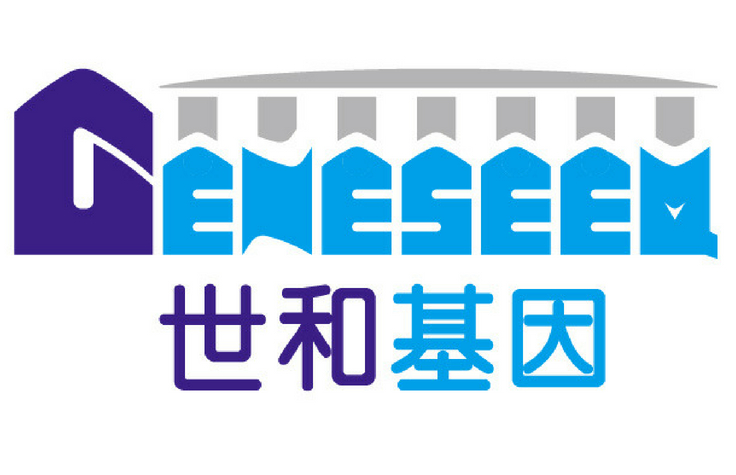
June 26, 2018
GeneSeeq, industry leader in next-generation sequencing (NGS) will collaborate with Illumina, global leader in DNA sequencing and array-based technologies,to develop an oncogene detection kit for clinical diagnosis based on its industry-leading sequencing techology. Both parties will also conduct comprehensive cooperation in the promotion of high-throughput oncogene testing in China.
GeneSeeq has been at the forefront of the development of high-throughput tumor genetic test kits. Its Multi-gene Detection Kit for Lung Cancer, a high-throughput sequencing method, has entered the China Food and Drug AdministrationCFDA's innovative approval green channel and is expected to be approved this year. In addition, the company has several NGS-based test kits in the development and application process in the oncology field.
“Illumina is a long-term valued partner. As part of this collaboration, both parties will further leverage each of their strengths and dedication to accelerating the commercialization of NGS testing in clinical cancer in China,” said Dr. Shao Yang, CEO of GeneSeeq CEO. “There is an urgent need for oncology gene detection kits with high-throughput sequencing technologies. The U.S. FDA just approved several tumor NGS test kits in 2017. The CFDA's approval process is also accelerating. In this case, cooperating with Illumina will help advance GeneSeeq’s growth in oncology, will further promote regulation of the entire industry and help accelerate clinical availability for patients.”


